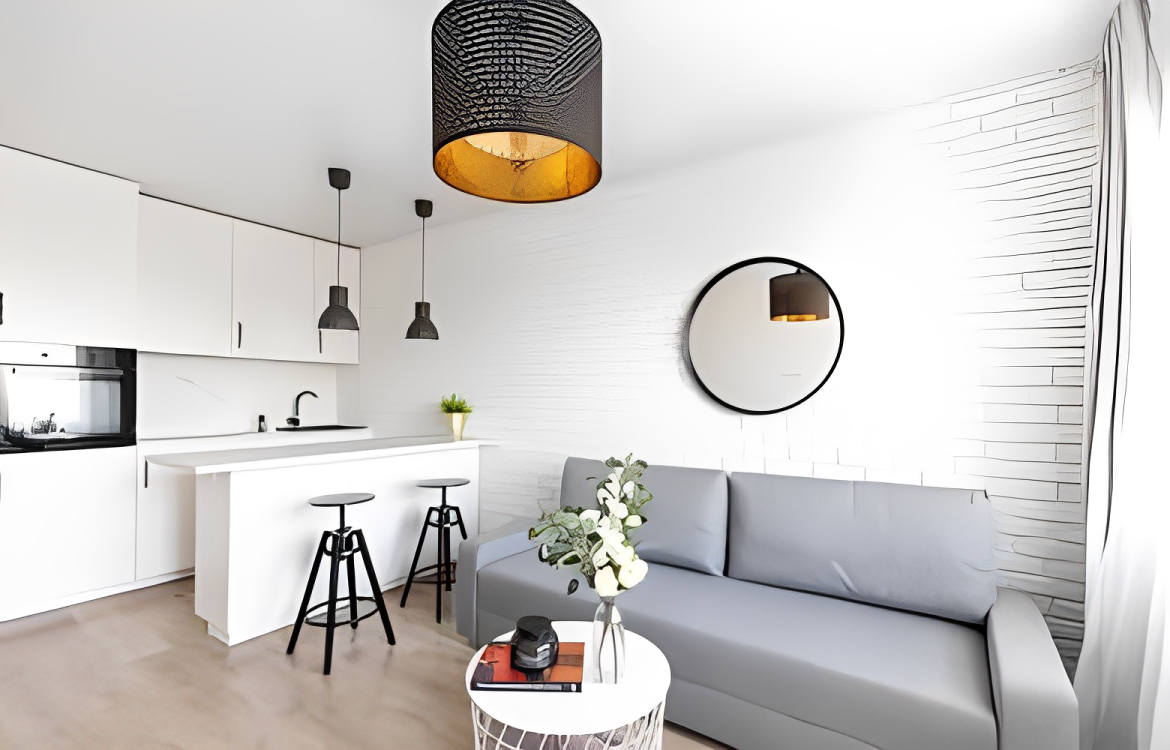Owning a home is often seen as a hallmark of the American dream, yet it’s not the best choice for everyone. The high homeownership rates in the U.S. don’t tell the whole story, as families have historically had to choose between building their own homes or renting. Renting offers several benefits, particularly for those whose financial situations favor flexibility over ownership. Here, we outline 10 key advantages of renting a home instead of buying.
1. Elimination of Maintenance Costs and Repair Bills
Renters benefit from not bearing the burden of maintenance costs and repair bills. The responsibility of maintaining and repairing the property, including appliances and structural issues, falls to the landlord. Homeowners, conversely, face potentially significant expenses in maintaining and fixing their homes.
2. Access to Amenities Without Extra Cost
Renters often enjoy amenities like pools or fitness centers without additional fees. These luxuries can be costly for homeowners, who must cover installation and maintenance, or condo owners, who pay through HOA fees.
3. Freedom from Real Estate Taxes
A notable financial advantage for renters is the absence of property taxes, which can be substantial for homeowners and are calculated based on property and land values.
4. Lower Initial Financial Commitment
Renters usually face only a security deposit equal to one month’s rent, significantly less than the down payment required for home purchases. While homeowners build equity, the upfront financial requirement is considerably higher.
5. Flexibility in Living Location
Renters have the advantage of living in locations that might be unaffordable for buyers. This is particularly relevant in expensive cities, where renting can be more feasible than buying.
6. No Risk of Decreasing Property Value
Renters are insulated from the fluctuations in property value that can significantly impact homeowners, affecting property taxes and mortgage amounts.
7. Ability to Downsize Flexibly
Renters can easily move to more affordable or smaller spaces at lease end, a flexibility not readily available to homeowners, who face significant costs and potential losses when selling their homes.
8. Stability of Rent Costs
Rent amounts are fixed for the lease duration, allowing for predictable budgeting. This contrasts with potential fluctuations in mortgage payments and property taxes for homeowners.
9. Reduced Insurance Expenses
Renters’ insurance policies are typically more affordable than homeowners’ insurance, covering personal belongings at a lower annual cost.
10. Lower Utility Bills
Rental properties, often smaller and more efficient than houses, result in lower costs for heating and electricity.
Conclusion
While homeownership allows for equity building, renting offers numerous benefits, including reduced responsibilities and financial burdens. The choice between renting and buying should consider lifestyle, financial situation, and personal preferences, especially for those in their working years or retirement.







